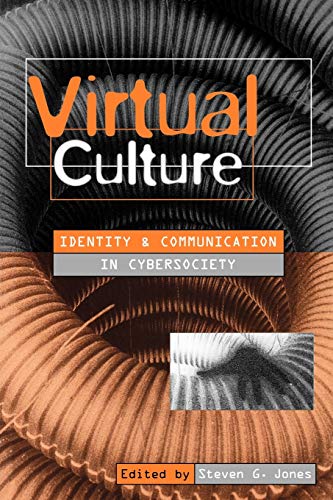Virtual Culture
no information available
Virtual Culture provides a unique analysis of a previously undocumented aspect of the cybersociety. Until now, the debate about participation in cyberculture has tended to focus on the ways that certain segments of the population are denied access to communications technologies. By contrast, the contributors to this volume scrutinize the way in which under-represented groupsùgay men, women, and special interest groupsùare exploiting the opportunities that the Internet provides for social and political change. Virtual Culture presents contributions from a range of subject disciplines, including communication, sociology, and anthropology in order to reflect on the diverse paradigms currently engaged in the study of electronic communities and networks. It sets out the definitions, boundaries, and approaches to the studies of these topics while demonstrating the theoretical and practical possibilities for cybersociety as an identity-structured space. Virtual Culture will be required reading for all students of communication, media and technology. ... Read more Read less











